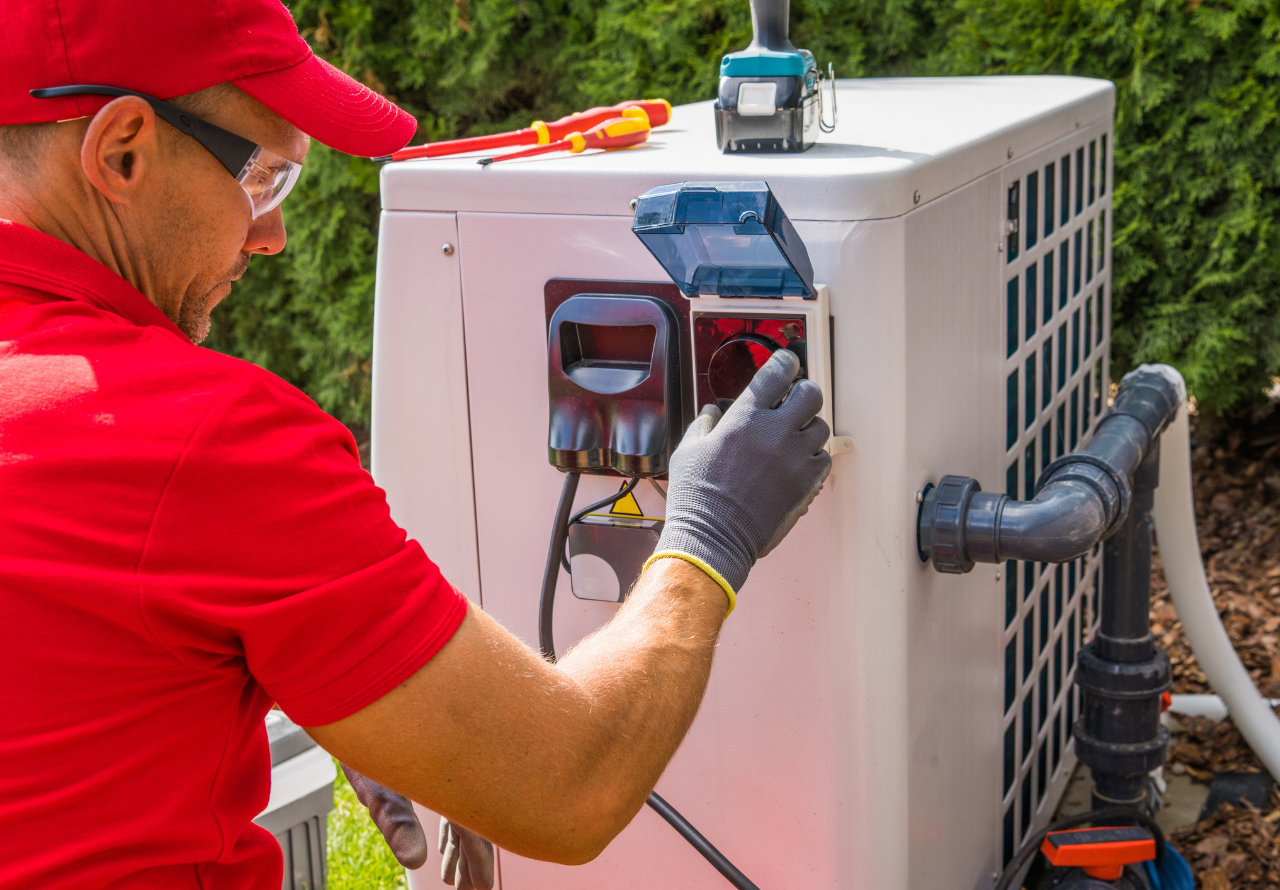
Energy efficiency isn't just a buzzword—it's a crucial factor in maintaining a healthy bottom line. One area where businesses can see significant savings is through their HVAC system. Heating, ventilation, and air conditioning (HVAC) systems are essential for keeping your workspace comfortable, but they can also be a major source of energy consumption. By improving your commercial HVAC system’s energy efficiency, you can reduce costs, enhance sustainability, and create a more comfortable environment for employees and customers alike. Here’s how to get started.
HVAC systems can account for up to 40% of a commercial building's energy use. Inefficient systems not only waste energy but also drive up utility bills and contribute to a larger carbon footprint. By focusing on energy efficiency, you can reduce operational costs, extend the lifespan of your HVAC equipment, and support your company’s sustainability goals.
Regular maintenance is one of the most effective ways to keep your HVAC system running efficiently. Schedule routine inspections, cleanings, and tune-ups to ensure that your system is operating at peak performance. Simple tasks like changing filters and checking for leaks can prevent energy waste and costly repairs down the line.
If your HVAC system is more than 10-15 years old, it may be time to consider upgrading to a newer, more energy-efficient model. Modern HVAC systems are designed with advanced technology that uses less energy while providing better climate control. Look for systems with ENERGY STAR certification, which meet strict efficiency guidelines set by the U.S. Environmental Protection Agency.
Smart thermostats allow you to automate and optimize your HVAC system’s performance. These devices can be programmed to adjust temperatures based on occupancy, time of day, and season, reducing energy usage when spaces are unoccupied. Many smart thermostats also provide data on energy consumption, helping you identify areas for further improvement.
Fine-tuning your HVAC system’s controls can lead to significant energy savings. This includes setting appropriate temperature ranges, managing ventilation rates, and using zoning systems to control heating and cooling in specific areas of your building. By optimizing controls, you can avoid over-conditioning spaces and ensure that energy is used efficiently.
Poor insulation and air leaks can cause your HVAC system to work harder than necessary to maintain desired temperatures. Ensure that your building is properly insulated and that windows, doors, and ductwork are sealed to prevent heat loss in the winter and cool air loss in the summer. Improved insulation can reduce the load on your HVAC system, leading to lower energy consumption.
ERV systems capture energy from exhaust air and use it to precondition incoming air. This process reduces the energy required to heat or cool fresh air brought into the building, improving overall efficiency. ERV systems are particularly beneficial in climates with extreme temperature variations.
An energy audit can help identify areas where your HVAC system is wasting energy. Professional auditors will assess your system’s performance, analyze energy usage patterns, and provide recommendations for improvements. Implementing the findings from an energy audit can lead to substantial energy savings and lower operational costs.
Investing in HVAC energy efficiency not only reduces costs but also contributes to a more sustainable business model. An efficient system can enhance indoor air quality, improve occupant comfort, and even increase the value of your property. Additionally, businesses that prioritize energy efficiency may qualify for rebates, tax incentives, and recognition in green building programs.
Take Action Today
Boosting your business’s HVAC energy efficiency is a smart investment that pays off in the long run. Whether you’re considering an upgrade, fine-tuning your current system, or implementing new technologies, there are numerous ways to enhance efficiency and save on costs.
Ready to take the next step? Contact us today to learn more about how we can help you optimize your commercial HVAC system for maximum energy efficiency.
